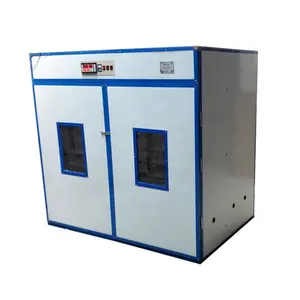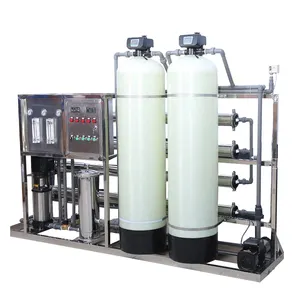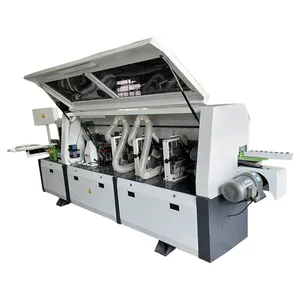Popular in your industry


















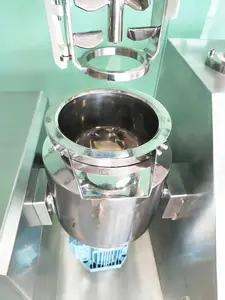






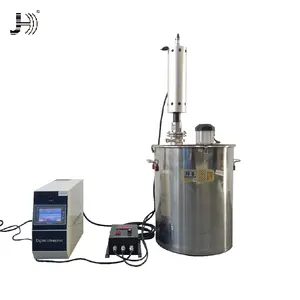

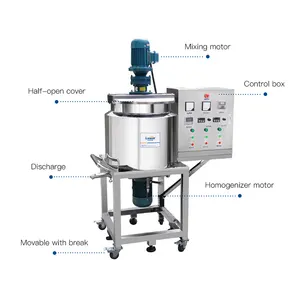






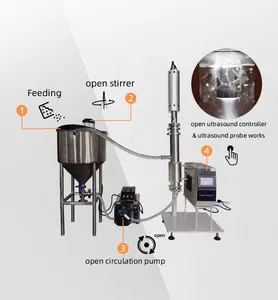





























Related Searches:



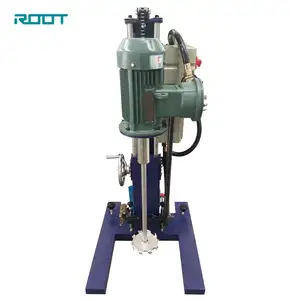





































































































































Top categories
About bead homogenizer
Introduction to Bead Homogenizer
Bead homogenizer, also known as a beadbeater, bead mill homogenizer, or bead beater homogenizer, is a powerful machine used in laboratories and industrial settings for the disruption, emulsification, and homogenization of biological samples, tissues, and other materials. This versatile equipment operates by vigorously shaking samples with small beads at high speeds to break down cell walls and release intracellular contents.
Types of Bead Homogenizers
There are various types of bead homogenizers available in the market, including benchtop models for small-scale applications and floor-standing units for high-throughput processing. Benchtop bead homogenizers are compact, easy to operate, and suitable for processing smaller sample volumes efficiently. In contrast, floor-standing bead homogenizers are designed for heavy-duty use, capable of handling larger sample sizes and accommodating different tube sizes for versatility.
Technical Specifications of Bead Homogenizers
When selecting a bead homogenizer, it is essential to consider key technical specifications such as power rating, speed range, sample capacity, and bead size compatibility. Most bead homogenizers offer adjustable speed settings to cater to various sample types and processing requirements. Additionally, the capacity of the sample tubes or plates should be chosen based on the volume of samples to be processed.
Features and Advantages of Bead Homogenizers
Bead homogenizers are favored for their efficiency, versatility, and reproducibility in sample preparation. These machines can effectively homogenize tough samples such as seeds, tissues, and cells within minutes, saving time and effort in the laboratory. Moreover, bead homogenizers are known for their gentle yet thorough disruption method, ensuring high yields of nucleic acids, proteins, and other biomolecules.
Choosing the Right Bead Homogenizer
When choosing a bead homogenizer for your specific application, consider factors such as sample type, volume, and desired outcomes. For applications requiring high-speed homogenization of tough samples, a beadbeater homogenizer with a robust motor and adjustable speed settings would be ideal. On the other hand, for gentle homogenization of sensitive samples, a bead mill homogenizer offering precise control over processing parameters may be more suitable.
Use Scenarios of Bead Homogenizers
Bead homogenizers find widespread use in various fields such as biotechnology, pharmaceuticals, food and beverage, and environmental testing. In research laboratories, these machines are indispensable for sample preparation, DNA extraction, protein isolation, and nanoparticle synthesis. Industrial applications of bead homogenizers include the production of cosmetics, paints, and pharmaceutical formulations.
In conclusion, bead homogenizers play a crucial role in modern laboratories and industrial processes, offering efficient and reliable solutions for sample disruption and homogenization. By understanding the different types, technical specifications, features, advantages, and selection criteria of these machines, businesses can make informed decisions to enhance their sample processing capabilities.
